OKRs and Strategic Alignment (OKR) for Peru
How to transform your management model and elevate your organization's strategy through the implementation of OKRs.
A workshop designed for those working in changing environments and wishing to enhance their intervention tools to evolve organizational culture. We will guide you through principles y aplicaciones prácticas de OKR con las herramientas necesarias para optimizar tu enfoque operativo y alcanzar objetivos.
Designed and taught by Celeste Alasino, a change agent with over 13 years dedicated to the design and implementation of organizational solutions around value, accompanying organizations in Argentina such as Naranja X, Telecom, BBC, Konecta, among others, in their transformation processes.
What Will You Learn?
You will understand the true change behind the OKR model, and you will have tools to leverage the cultural evolution of your organization.
You will comprehend the impact of a change in an integrated management system, and you will have support points to enhance the adoption of OKRs.
You will learn about the implications and logical sequence for deploying a goal management system based on OKRs. We will show you real cases of implementation.
You will learn to write good objectives and key results with the guides we will present to you, thereby directing teams towards management based on experimentation and focused on the user.
You will master the key concepts to effectively manage the OKR framework and make the implementation a change designed in a systemic, organic, and transparent way, and that is sustainable over time in your organization.
You will promote an adaptive culture and be able to show the impact of initiatives in your organization.
You will learn concrete practices that enable teams to commit to the results.
You will gain insights to apply this framework organically in your organization.
You will have information based on real experiences to enroll and raise awareness among teams.
You've probably already heard of OKRs, or are starting to implement them and are aware of the benefits this model brings, but you might be wondering: How is an end-to-end implementation carried out? What practical considerations should I keep in mind to make the model perform? What are those key points I must not neglect during its implementation? How is OKR sustained over time and in the daily routine of the teams?
Facing the challenge of implementing OKRs goes beyond understanding its concepts; it involves capturing the essence. Thanks to the practices we propose in this workshop, you will be able to understand and apply the tools that will allow you to remove the complexity from the implementation and successful adoption of this system.
As a framework that integrates strategy with operations, its implementation often becomes key. The systemic approach we propose allows for the organic integration of the model and ensures that the solution is not just a passing trend that loses relevance over time.
You will be able to discern where your organization needs OKRs, and where it should continue coexisting with other models that contribute to achieving its current results. In the gray areas of methodological combinations, we will move in this training, making this workshop a true experience, where your reality and that of other participants will be fundamental for a unique and unrepeatable blend.
Program
You will learn what we mean by OKR, how it has evolved over time from the MBO model, the issues it addresses within organizations, and the real benefits of its implementation. You will understand each part of the system, from new terms to the logic of how each part of this system is connected. You will easily understand how OKRs and KPIs complement and enhance each other. Finally, we will understand the conversational cycle of the model and the new order to create a bridge between strategy and execution.
We will explain the difference in form and substance of objectives within the OKR framework, and we will start to build the first step of the bridge between strategy and execution with this artifact. Next, we will fully explore a key part of the OKR model: the Key Results. You will see the difference from traditional data forms used for decision-making, and you will be able to write results that measure the impact of user behaviors. Finally, to move to action, we will explore the dimension of initiatives, and the subtle features that will make your expression truly impactful on the KRs.
e will discuss how strategy is managed in traditional organizations, and the shift proposed by OKR. You will be able to lead and challenge the status quo with a practice that fits the era of distributed knowledge and intelligence, and maximizes delivery through an 'emergent and collaborative strategy'.
We will share the clever aspects of OKRs for aligning teams. We will challenge traditional, matrix, and startup structures with a conversational model that allows for aligning efforts towards what's truly important, beyond formal and hierarchical structures. We will discuss real cases about network hierarchies and the results obtained. We will practice on the management cycle and the 3 milestones manifested by 4 key events to carry forward a responsive organization.
Having understood the effective use of an OKR model, we will share experiences on how to integrate the model with other existing ones to make change organic within the organization. You will be able to identify which part of your organization applies an OKR model to avoid making OKRs a fashion by prioritizing the tool over the team and lead an effective implementation of the model.
In this module, we will tell you how OKR management challenges traditional performance management models, and how we have addressed such a paradigm shift. We will also go beyond OKRs as the acronym suggests, and link the CFR model (conversations, feedback, and performance) to challenge conversations in traditional organizations.
In this module, you will learn the detailed step-by-step process for implementing the OKR model:
- You will identify the importance of having success agreements related to the model
- You will be aware of how fertile the context is for adopting OKRs
- You will choose the best implementation plan, according to the system conditions
- You will understand key roles for giving vitality to the OKR system
- You will design a work cycle adapted to your context
- You will understand the importance of selecting a management tool, and choose the right time to deploy it
- You will plan a first work cycle
Data Sheet
A checklist for writing your OKRs.
A step-by-step guide for implementation.
A checklist to understand the context of the organization and the fertility of the implementation.
A description of the key roles for sustaining the model.
A template to organize the work cycle.
A template for designing experiments.
A template to measure the maturity of the model.
A tool for prioritizing and ordering initiatives.
A template for determining the health KPIs of your organization.
FAQs
About the Instructor
Celeste Alasino
Enterprise Coach. Consultant in OKR and Strategic Agility.
You will train with a leading figure in OKR and organizational transformation who has been supporting companies from various industries (construction, public services, finance, telecoms, agriculture, e-learning, digital) and of different sizes (from 30 to 25,000 collaborators) for over 13 years, providing a methodological blend with tailored solutions, personalized experiences, and early impact.
Her systemic approach allows tackling each challenge by combining method, structure, processes, and culture.
She is an active member of agility interest communities and a trainer in training hubs, specializing in OKR.
Still Have Questions?
Chat LIVE With Team Labs
Why make big decisions alone? Book a 30-minute call with us so we can answer your questions and help you make the best decision.
Testimonials
OKRs and Strategic Alignment (OKR)
OKRs and Strategic Alignment (OKR)
OKRs and Strategic Alignment (OKR)
We've worked with organizations like...

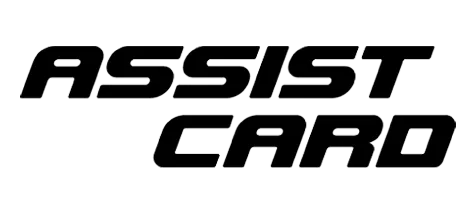











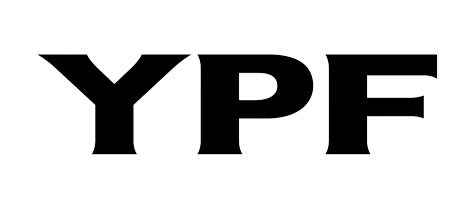


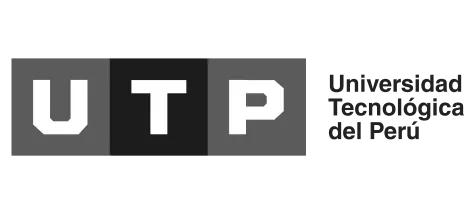

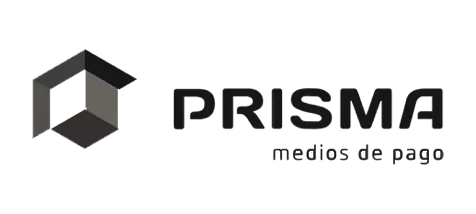


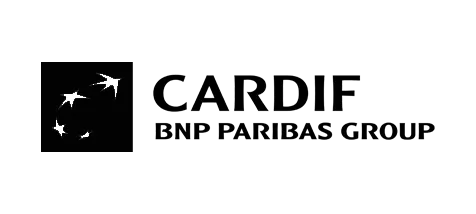
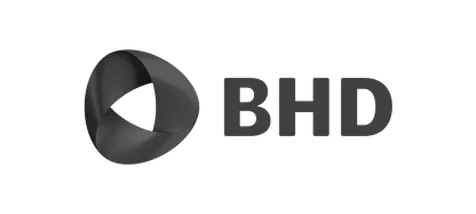
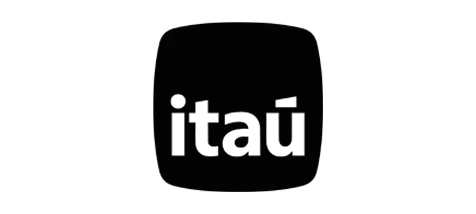
Why More Than 7000 Professionals Trust Us Over the Rest
Because you want to learn these topics correctly at once... and not have to buy another course to fix your knowledge in the future.
So don't settle for anything less than the best!

25+ years of industry experience.
Currently creating tech products.
We don't teach what we don't do.
Access to the live classes recordings.
Propietary learning platform that maximizes your experience.
More than 15000 leaders trained on our programs.
7000 certified + 8000 in other programs.
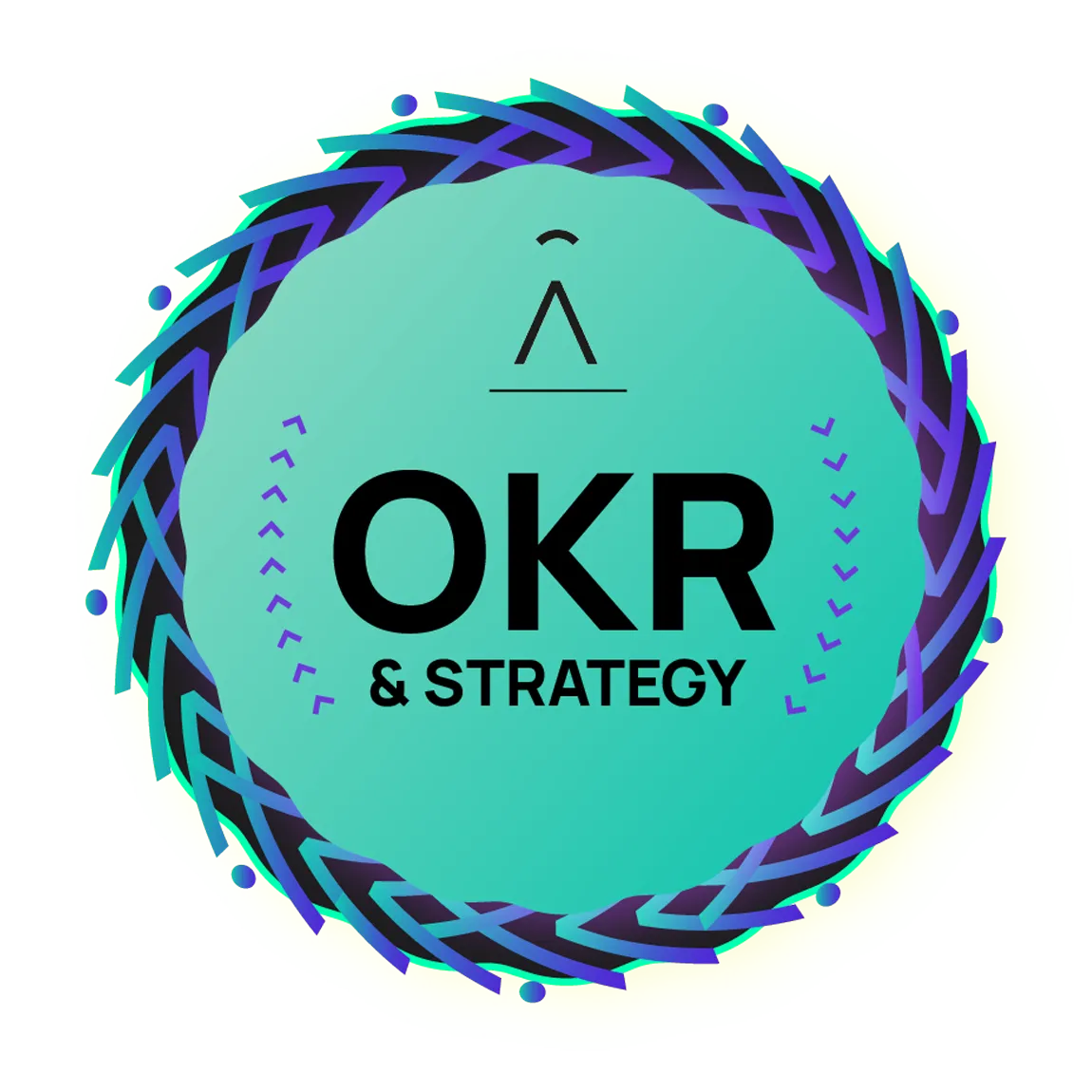
Looking for a different date?
Join the Waitlist Now
While you wait for a new date to be published, get our news and updates.
This course is Sold Out
Join the Waitlist Now
While you wait for doors to reopen, get our news and updates.